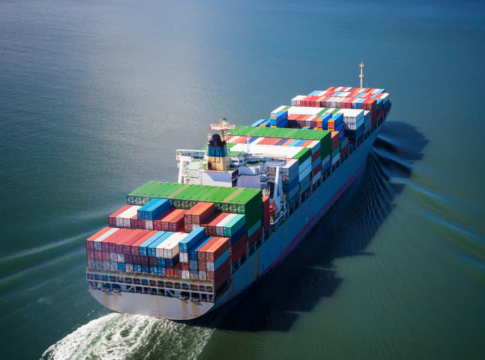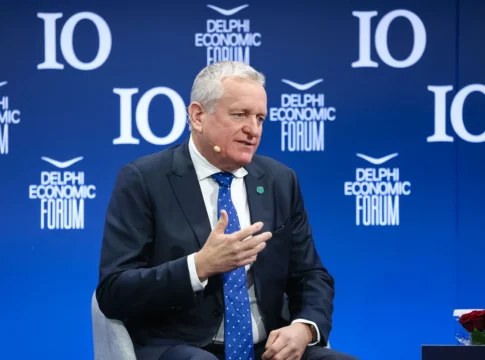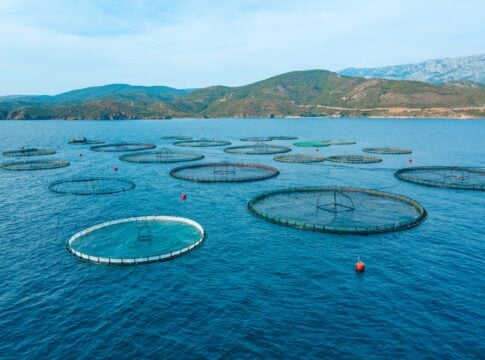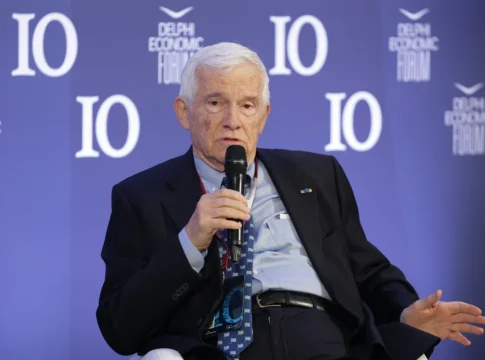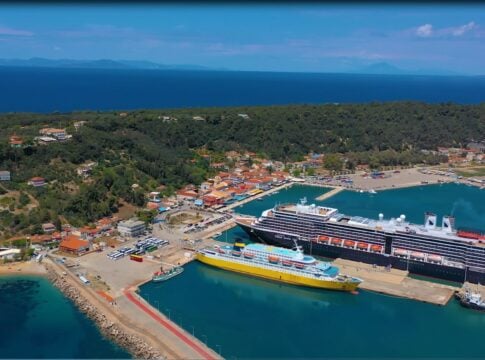Shipping is faced with fierce global competition, so it is vital that the EU recognizes, through its policies, the strategic role of the sector, maintaining its competitiveness against other shipping powers, the president of the Hellenic Shortsea Shipowners Association, Charalambos Simantonis, underlined at a conference in Paris, which took place in the context of the Franco-Greek dialogue.
Simantonis also referred to the key role of seamen, especially for our country, and pointed out: “However, the strength of Greek shipping, beyond all the above, is mainly its people and the know-how they have acquired over the years. At the same time, however, this is also its weakness, as there is a huge shortage of human resources in the sector and demand exceeds supply. That’s why the decision of the Minister of Maritime and Island Policy to prioritize the upgrading of maritime education is extremely important.”
The role of shipping
According to Simantonis, goods transported by sea correspond to more than 70% of all goods traded on the European market.
In recent years, after the outbreak of two wars, shipping has been the main pillar of world trade, averting a looming food crisis and ensuring Europe’s energy security.
Based on data provided by the EU, only 20% of energy supply was carried out by ships in 2021. In 2023 this percentage climbed to 42%.
The role of the Red Sea is pivotal for global trade, as 12% of the world’s traded goods pass through it. According to the IMF’s Port Watch platform, the number of ships has decreased by 42% in the last two months and the volume of transport by 37% compared to the corresponding period last year.
The situation is even worse for ships in the Panama Canal, due to drought.
In addition, the cost of insuring ships passing through the area has skyrocketed.




